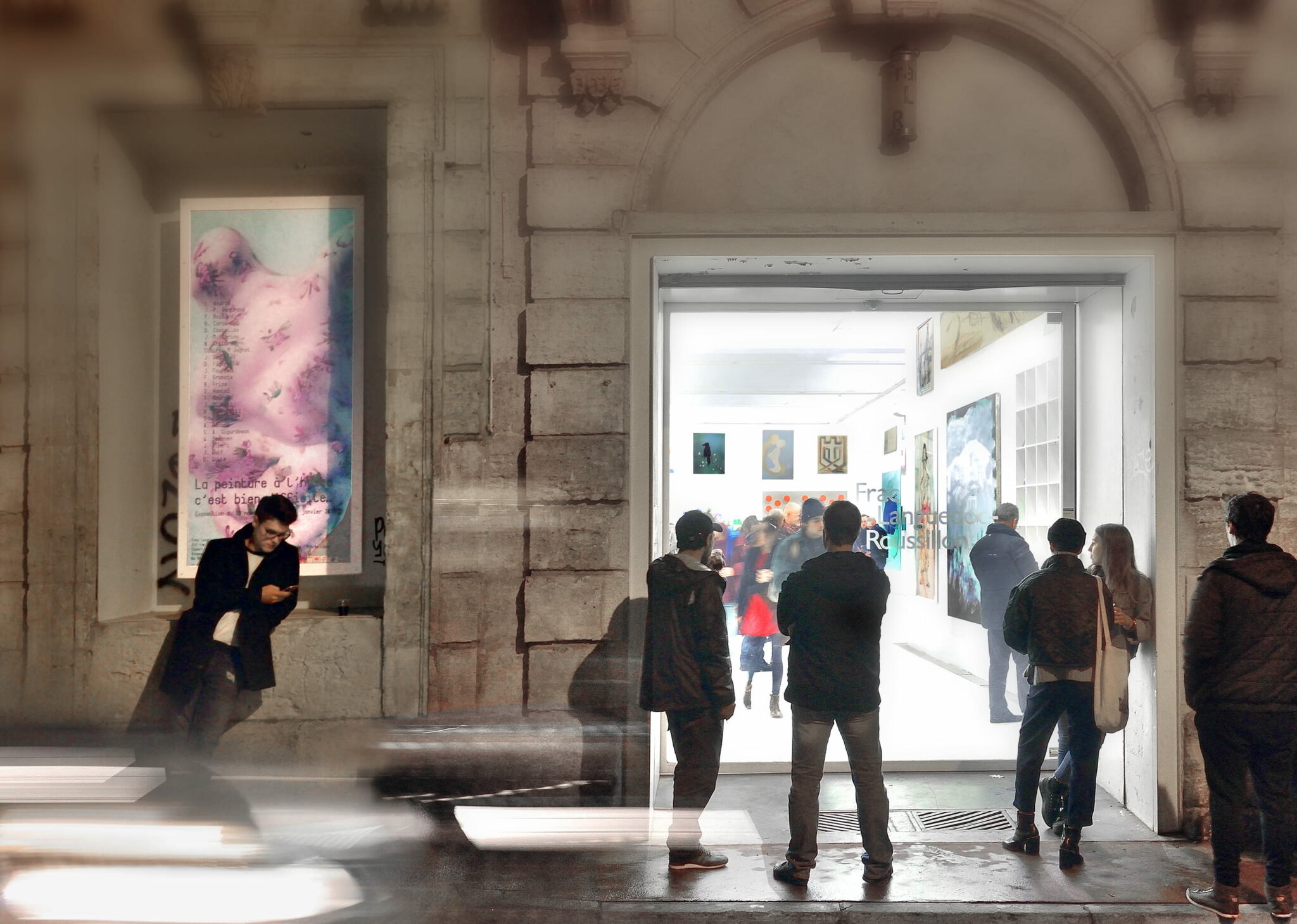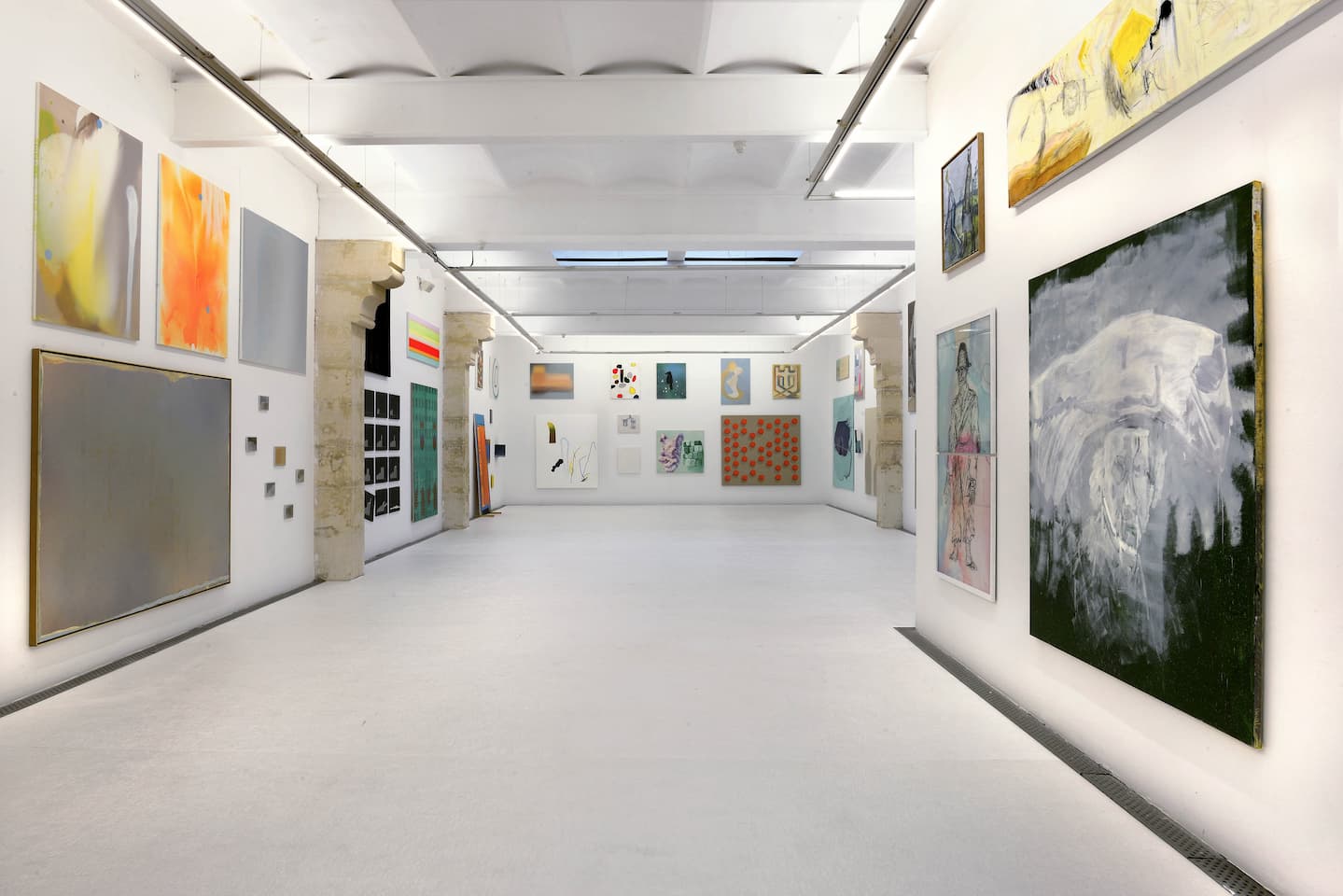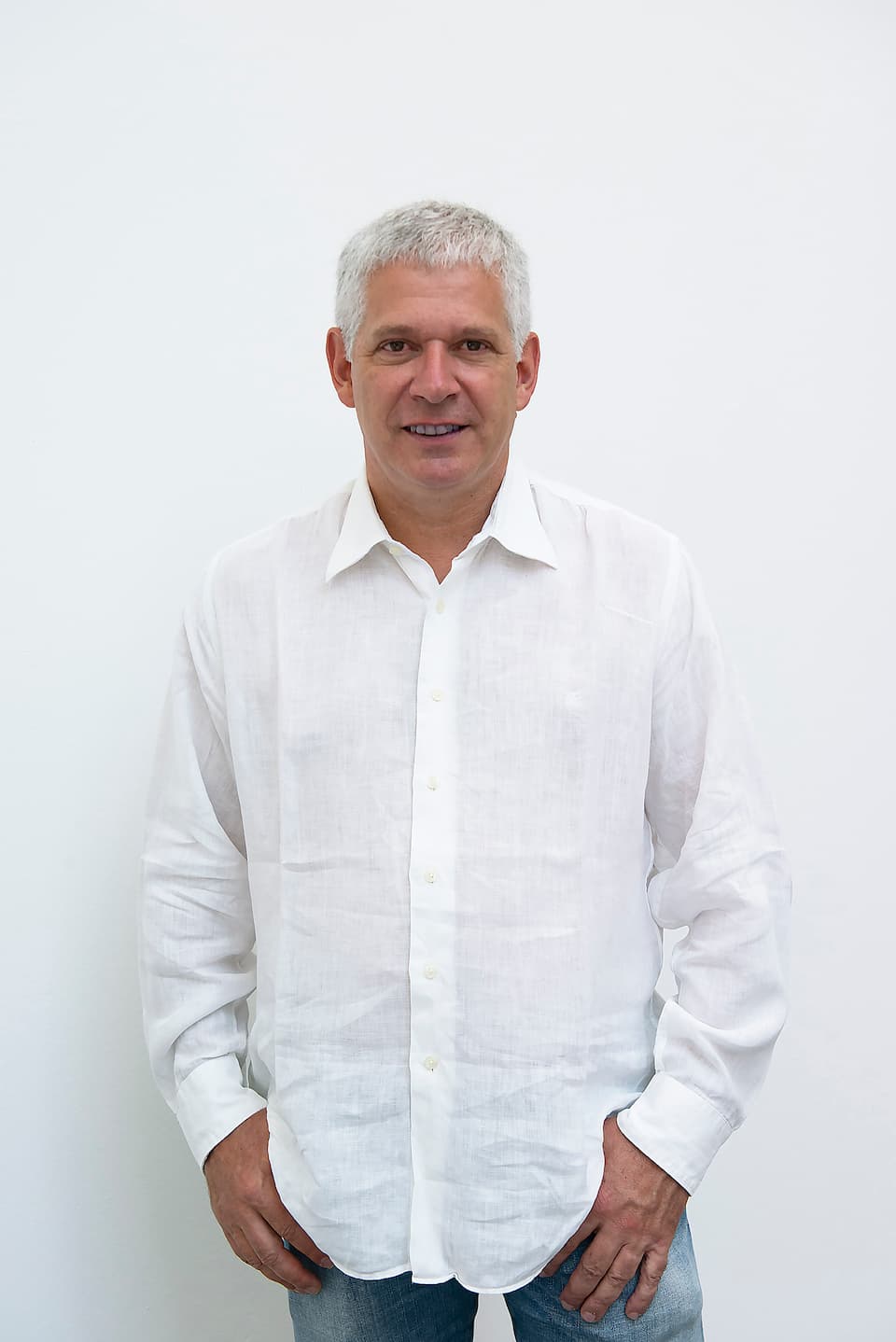
Frac Occitanie Montpellier
Founded in 1984, the Frac Occitanie Montpellier (Frac OM) has built up a collection featuring all contemporary art mediums, in groupings that offer insights into many of the issues facing society. Comprising nearly 1,300 works, it addresses the renewal of conventional forms (painting, sculpture, drawing) and innovation in techniques of imagery and sound (photography, video, film, sound works), as well as the way that art is becoming more open to objects (installations), images and signs (formal pieces), and to the living environment and the many different settings in which art is presented.
This diversity brings to the collection both a heritage value and an equally important link to the current situation, with an ever-present focus on emerging artists and the younger generation. The collection is the inalienable property of the Occitanie/Pyrénées-Méditerranée region.

Since 1998, the Frac OM’s main exhibition space has been a handsome venue in Montpellier (with an adjacent storage facility section). Each year it plays host to four or five exhibitions, along with a cultural agenda for all. The Frac OM also showcases its works throughout the Occitanie region and further afield, in partnership with a large number of public and private structures, including schools and historical monuments, heritage sites and museums, and art centres. Cultural outreach activities and educational materials also supplement these events.
Since 2016, the Frac OM has developed two major programmes. One is the ‘Post_Production’ project, conducted with the region’s art schools (in Montpellier, Nîmes, Pau-Tarbes and Toulouse), whereby four artists from these schools are given the opportunity to be involved in a production and group exhibition; the other, in conjunction with les Abattoirs, Musée – Frac Occitanie Toulouse, is the ‘Horizons d’eaux’ initiative, which presents the collections and new productions in partner sites along the Canal du Midi each year.

The Frac are loyal to the utopian modernity of art
What makes the Frac institutions so special is not the way that they have built up a collection, a so-called ‘heritage enhancement’, referring to the conversion of private property into inalienable assets with public value, now commemorative as it is done in the name of a collective history. Their special merit lies rather in the way that this heritage is used, in the fact that the works in this collection are not over-protected and promoted as autonomous objects, as ‘treasures’ to be studied in isolation; on the contrary, they are meant to be displayed to the public at once, or are at once given over to the ‘beholders’ or ‘art users’, as Jean Dubuffet might have put it.
The Frac institutions have radically altered the attitude of distancing and detachment that has been fostered for centuries in western society by museums. ‘Disseminating art’, the Frac’s second core objective, is a fine thing, as is bringing to all – ‘spreading’, ‘dispersing’ – something that should not remain self-contained and inward looking. Contemporary artworks raise all kinds of questions in an open space where they are exposed to other entities, to other players (which may be sites, landscapes, histories, regions and their inhabitants for example). In doing so, they generate new relationships with these other beings. Through the Frac, art is institutionalising creative power in the world space, where all sorts of encounters are possible: the collective space, the social and political space where people live! The Frac are loyal to the utopian modernity of art, which is simply an attempt to enhance existence, to offer each individual the possibility of life renewed.
Emmanuel Latreille has been director of the Frac Occitanie Montpellier since November 2002, after heading the Frac Auvergne (1990–95) and Frac Bourgogne (1995–2002). With a background in philosophy, he completed a PhD in aesthetics and the philosophy of art in 2018 at the University of Rennes 2 with a thesis entitled ‘The World as Art’. In his various posts, he has curated numerous solo exhibitions of French and international artists, as well as theme-based exhibitions that explore the relationship of contemporary art to history and society. He presided the CIPAC – Federation of Contemporary Art Professionals from 2008 to 2014, and has contributed to the sector’s professional advancement in terms of its political and institutional dimension.
Technical acquisition committee - with voting right
Patrice Carré
Éric Mangion
ComTechnical acquisition committee - with consultative vote
Catherine Dumon
Stéphanie Sobezyk
Annabelle Ténèze
Administration
Patricia Carette
Éric Mangion
Contact
Frac Occitanie Montpellier
4-6, rue Rambaud
34000 Montpellier
contact@frac-om.org
T +33 (0)4 99 74 20 35